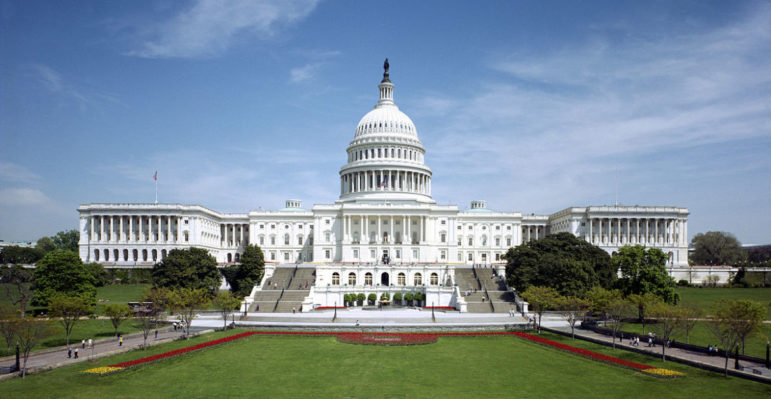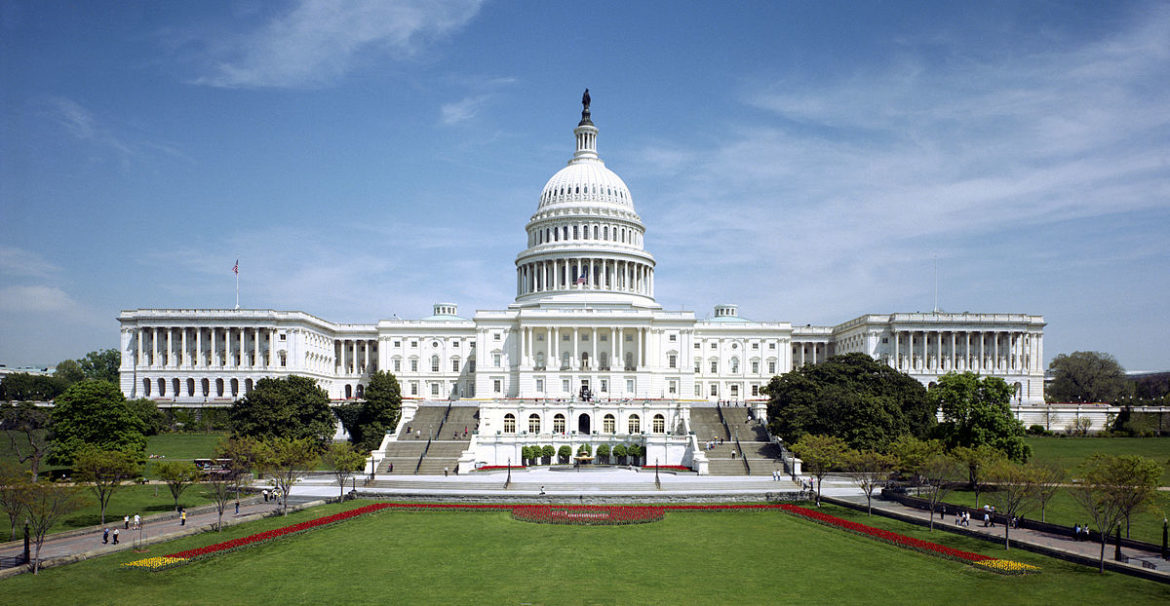
WASHINGTON — A bipartisan group of House lawmakers introduced long-awaited legislation today that would strengthen the key federal law protecting youth in the juvenile justice system.
The Supporting Youth Opportunity and Preventing Delinquency Act (HR 5963) aims to help local and state officials better address the needs of youth by preventing their involvement with the juvenile system, protecting them in custody and helping them transition back into the community.
The provisions are part of an overall proposed reauthorization of the Juvenile Justice and Delinquency and Prevention Act. The law sets the core requirements for the treatment of juveniles that states must follow to receive federal funding.
“At the federal level, we must continue to incentivize a focus on evidence-based prevention and intervention initiatives which reduce delinquency and save money. Making sure we get juveniles in the system or at risk of delinquency off the wrong track and back in school on the way to college or a career is one of the most common sense, cost-effective actions we can take to improve our communities,” said Rep. Bobby Scott, D-Virginia, ranking member of the House Education and Workforce Committee and a lead sponsor of the bill, in a news release.
Advocates welcomed the bill and what it could mean for juvenile justice reform on Capitol Hill. While Senate lawmakers introduced bipartisan JJDPA reauthorization legislation last year, the House had yet to do the same.
“It’s a solid, strong bill. Primarily we’re happy that the House has turned its attention to the JJDPA and that they’ve done so in a bipartisan way,” said Marie Williams, executive director of the Coalition for Juvenile Justice.
And the bill could boost a bipartisan Senate JJDPA reauthorization bill (S 1169) that stalled earlier this year.
Scott introduced the bill with lead co-sponsor Rep. Carlos Curbelo, R-Florida. Other original sponsors of the bill are Education and Workforce Chairman John Kline, R-Minnesota, and Reps. Susan Davis, D-California, Earl L. “Buddy” Carter, R-Georgia, and Frederica Wilson, D-Florida.
“Many children are born into circumstances out of their control and believe the only path forward is one of crime or delinquency,” Curbelo said in a news release. “The purpose of this legislation is to help those children understand there is a better path forward and success is within their reach.”
The committee plans to consider the legislation on Wednesday.
The JJDPA has not been updated in nearly 15 years, a time of significant changes in the juvenile justice field that’s yielded new best practices that reformers say need to be incorporated into the law.
The bill includes provisions that would:
- eliminate a loophole that allows youth to be detained for status offenses, behaviors such as running away or truancy that are only considered an offense because of a youth’s age;
- strengthen requirements that juveniles be kept separate from adults in facilities; and
- provide greater flexibility in prevention grant programs.
“I think this is a strong signal to the Senate that the House is also prioritizing it,” said Marcy Mistrett, chief executive officer of the Campaign for Youth Justice.
Even if a JJDPA reauthorization is not finished by the end of the year, the attention is important, the bill’s supporters said.
“The momentum around it in this Congress would certainly not hurt,” Williams said.
One significant difference between the House and Senate bills is the structure of the phase-out of what’s called the “valid court order” exemption for status offenders. While JJDPA prohibits the detention of status offenders, they may be detained if a judge issues a valid court order.
Under the Senate bill, a three-year phase-out would be followed by one year when states could ask for a hardship exemption. The House bill would allow states to ask for the exemption beyond the one-year mark.
“We would have hoped the House version would recognize — especially given the emphasis on evidence in the bill — that confining status offenders is not evidence-based,” Williams said.
The Senate bill had stalled because Sen. Tom Cotton, R-Arkansas, objected to ending the loophole, meaning the bill could not pass under a fast-track procedure.
